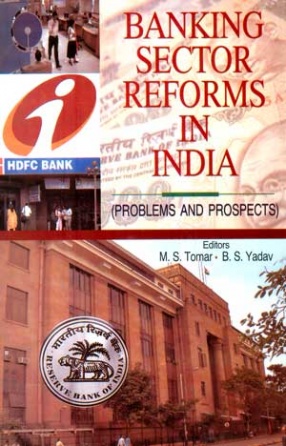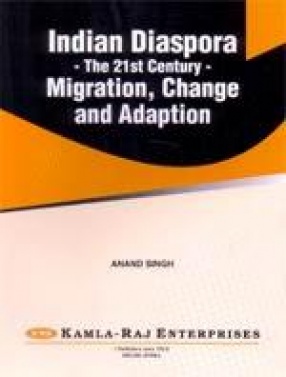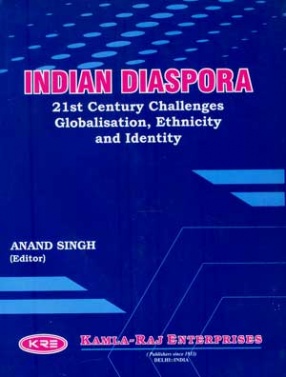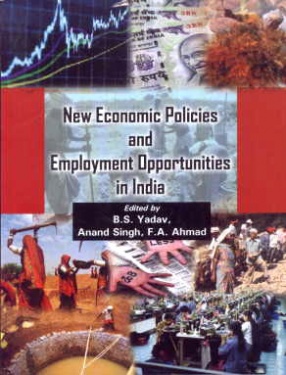New Economic Policies and Employment Opportunities in India
In India, unemployment is a chronic problem. It is as acute as it is wide-spread. It has become a pressing and a perennial problem of Indian economy. In Indian planning, employment generation and social protection of labour have been given due importance from 1950s to mid 1980s. The initiation of mild dose of liberalization started since 1985 and the new economic reforms introduced in 1991 have pushed the economy towards globalization, privatization, liberalization and marketization intending to achieve high growth rate and thereby solving the problems of unemployment and poverty.
The basic theme of the book is to examine the impact of economic reforms on generation of employment opportunities in India. The main focus of the analysis presented in the different paper is on the changing issues and dimensions of unemployment and employment in India, nature and causes of unemployment in India, structure of employment in India, governmental role to generate employment opportunities and alternative model of development for stimulating growth of employment. Thus, the book provides a detailed and effective analysis of the pattern of employment opportunities and model of development for stimulating growth and employment generation in Indian economy.
The book will be useful not only for those who are interested in the study and understanding of unemployment and under-employment but also the perspectives provided may be of paramount significance and immense help to the students, teachers, researchers, policy-makers, professionals, experts and planners.
Get it now and save 10%
BECOME A MEMBER
-

Banking Sector Reforms in India: Problems and Prospects
-

Advances in Aquatic Biology and Toxicology
-

Tourism in Ancient India
-

Indians in Post-Apartheid South Africa
-

Indian Diaspora - The 21st Century: Migration, Change and Adaptation
-

Indian Diaspora: 21st Century Challenges: Globalisation, Ethnicity and Identity







Bibliographic information
Anand Singh
F A Ahmad